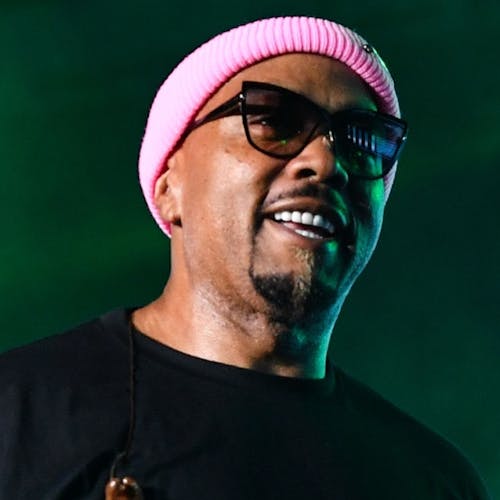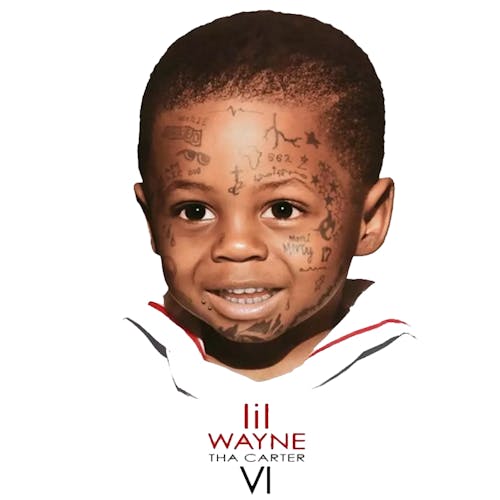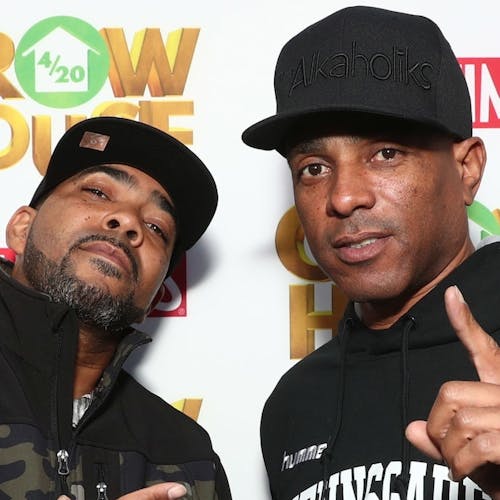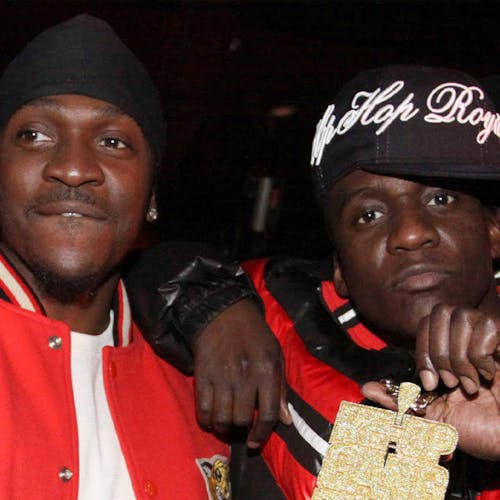"We really didn't have an organized distribution set-up," he said. "I'd have to send cars to to Texas or Baltimore, and send my soldiers to take care of business. They had to be smart enough to collect the money, but dumb enough to bring it back to me."
Schoolly D took the self-produced — and self-pressed record (made from money selling shoes) — to DJ Lady B whose Street Beat show on Power 99 was one of the most influential Hip-Hop radio shows in the country at the time. She told him that the record was too grim in its portrayal of life to warrant any spins.
"I wanted to tell my stories the way I wanted to tell my stories," Schoolly D said in Soren Baker's The History of Gangster Rap.
While some may have taken the criticism and changed his/her style, Schoolly D doubled down. Hip-Hop was starting to become a known entity in the city at the time thanks to Pop Art Records which released early singles from artists like Roxanne Shanté, Steady B, and MC Craig G. Schoolly saw first hand how these artists were able to move units through independent Philly record shops like Funk-O-Mart and Sound of Market.
His rhymes were inspired by the neighborhood around 52nd Street and Parkside Avenue in the city's Wynnefield area whose historic houses that bordered Fairmount Park were overrun by gang graffiti from the Park Side Killers. Naturally, he wanted to tell Hip-Hop fans about P.S.K.





